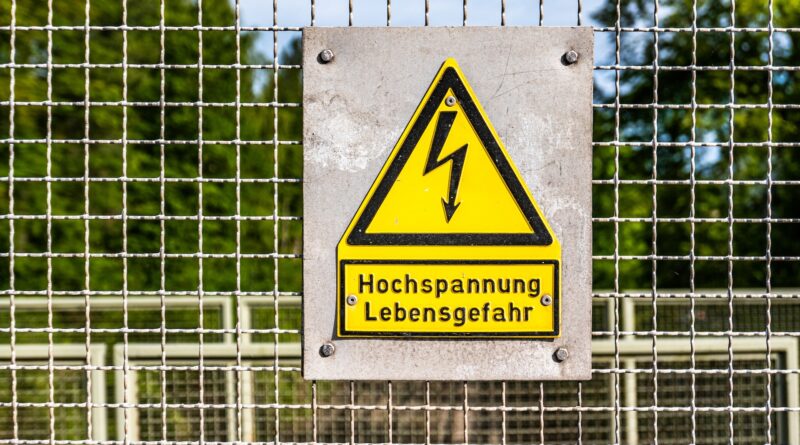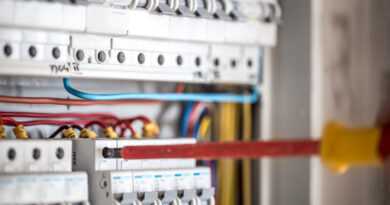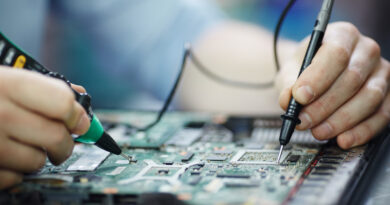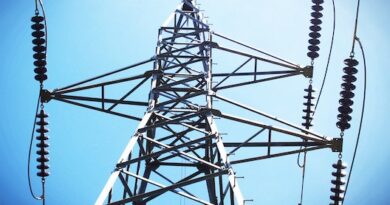Inspection Awareness: Spreading the Importance of Electrical Safety Inspections in Noida
Introduction
Electricity is an essential part of our daily lives, powering our homes, offices, and industries. However, it can also pose significant risks if not handled safely. Electrical safety inspections play a crucial role in ensuring the well-being of individuals and preventing accidents caused by faulty electrical systems. This article aims to raise awareness about the importance of electrical safety inspections in Noida, emphasizing the need for regular inspections to safeguard lives and property.
Table of Contents
- Understanding Electrical Safety Inspections
- The Importance of Electrical Safety Inspections
- Ensuring Residential Electrical Safety
- Commercial and Industrial Electrical Safety Measures
- Hiring a Professional Electrical Inspector
- Benefits of Regular Electrical Inspections
- Common Electrical Hazards and Prevention Tips
- Educating the Community about Electrical Safety
- Promoting Safety Inspections in Noida
- Government Initiatives for Electrical Safety
- Frequently Asked Questions
- Conclusion
- FAQs
- FAQs
- FAQs
Understanding Electrical Safety Inspections
What is an Electrical Safety Inspection?
An electrical safety inspection is a comprehensive assessment of the electrical systems in a residential, commercial, or industrial setting. It involves evaluating the condition of wiring, circuit breakers, switches, outlets, and other electrical components to ensure they meet safety standards and function properly.
Who Conducts Electrical Safety Inspections?
Qualified and licensed electrical inspectors are responsible for conducting electrical safety inspections. These professionals have in-depth knowledge of electrical codes and regulations and possess the expertise to identify potential hazards and recommend necessary repairs or improvements.
The Importance of Electrical Safety Inspections
Electrical safety inspections are essential for several reasons:
- Preventing Electrical Accidents: Regular inspections can identify electrical hazards such as faulty wiring, overloaded circuits, or outdated equipment. By addressing these issues promptly, the risk of electrical accidents, such as fires or electrocutions, can be significantly reduced.
- Protecting Lives and Property: Electrical accidents can lead to injuries, fatalities, and property damage. Safety inspections help detect and rectify potential issues before they escalate, ensuring the safety of occupants and minimizing the risk of costly damages.
- Compliance with Regulations: Electrical safety inspections ensure compliance with local building codes and regulations. By adhering to these standards, property owners avoid legal issues and penalties while maintaining a safe environment for occupants.
- Enhancing Energy Efficiency: Inspections help identify energy inefficiencies in electrical systems. By addressing these inefficiencies, property owners can optimize energy usage, reduce utility bills, and contribute to a sustainable future.
Ensuring Residential Electrical Safety
Proper electrical safety measures are crucial for residential properties. Some key aspects to consider include:
- Regular Wiring Inspections: Periodic inspections of residential wiring systems help identify potential hazards such as loose connections, damaged wires, or outdated components. Timely repairs or replacements can prevent accidents and ensure the safety of occupants.
- GFCI Outlets and Surge Protectors: Ground Fault Circuit Interrupter (GFCI) outlets and surge protectors provide additional protection against electrical shocks and power surges. Installing these devices in areas prone to moisture or where valuable electronic equipment is used can significantly reduce risks.
- Proper Outlet Usage: Overloading outlets with multiple appliances or using incorrect adapters can lead to overheating and electrical fires. Educating residents about safe outlet usage and the importance of avoiding electrical overloads is crucial for maintaining a secure living environment.
Commercial and Industrial Electrical Safety Measures
Commercial and industrial premises have unique electrical safety requirements. Consider the following measures:
- Routine Inspections and Maintenance: Commercial and industrial facilities should undergo regular electrical inspections to identify potential issues and ensure compliance with safety standards. Routine maintenance and repairs are essential for maintaining safe working environments.
- Emergency Preparedness: Establishing emergency response plans and installing emergency lighting and backup power systems are critical for commercial and industrial properties. These measures ensure safe evacuation and prevent accidents during power outages or emergencies.
- Employee Training: Conducting regular safety training programs for employees increases awareness about electrical hazards and promotes safe practices. Employees should be trained to report any electrical issues promptly and follow established safety protocols.
Hiring a Professional Electrical Inspector
When it comes to electrical safety inspections, it is essential to hire a qualified and experienced professional. Consider the following factors when selecting an electrical inspector:
- Certifications and Licensing: Ensure the inspector holds relevant certifications and licenses, indicating their expertise and adherence to industry standards.
- Experience and Reputation: Look for inspectors with a proven track record and positive reviews from previous clients. Experience in conducting inspections for properties similar to yours is advantageous.
- Thoroughness and Attention to Detail: A competent electrical inspector should have a meticulous approach, examining every aspect of the electrical system to uncover potential hazards or deficiencies.
Benefits of Regular Electrical Inspections
Regular electrical inspections offer several benefits, including:
- Early Problem Detection: Inspections can uncover underlying issues that may go unnoticed during day-to-day operations. Identifying these problems early allows for timely repairs, preventing major breakdowns or accidents.
- Cost Savings: Addressing electrical issues before they escalate can save money in the long run. Preventive maintenance and repairs are generally more cost-effective than dealing with extensive damages or system failures.
- Peace of Mind: Knowing that your electrical systems have been inspected and are in compliance with safety standards provides peace of mind for property owners and occupants. It assures them that necessary precautions have been taken to reduce risks.
Common Electrical Hazards and Prevention Tips
To promote electrical safety, it is essential to be aware of common hazards and take preventive measures. Some common hazards include:
- Electrical Overloads: Avoid overloading circuits by distributing electrical loads evenly. Use power strips with built-in circuit breakers to prevent overload situations.
- Faulty Wiring: Look for signs of faulty wiring such as flickering lights, warm switches or outlets, or frequently tripped circuit breakers. Address these issues promptly to prevent electrical hazards.
- Exposed Wires: Ensure that wires are properly insulated and protected from physical damage. Exposed wires pose a significant risk of electric shock or fire.
Educating the Community about Electrical Safety
Promoting electrical safety awareness within the community is crucial for preventing accidents. Some effective methods to educate the community include:
- Workshops and Seminars: Organize workshops and seminars on electrical safety, targeting both residential and commercial audiences. These events can provide valuable information and practical tips to ensure safety.
- Safety Campaigns: Collaborate with local authorities, schools, and community organizations to launch safety campaigns. Utilize various media channels to spread awareness about electrical safety practices.
- Online Resources: Develop informative websites or blogs dedicated to electrical safety. These platforms can serve as valuable resources for the community, offering tips, guidelines, and access to professional inspectors.
Conclusion
Electrical safety inspections are vital for maintaining a secure environment in Noida. By conducting regular inspections, individuals, businesses, and the government can prevent electrical accidents, protect lives and property, and ensure compliance with safety regulations. It is our collective responsibility to spread awareness about the importance of electrical safety inspections and encourage their implementation. Let us prioritize electrical safety to create a safer and more resilient Noida.




